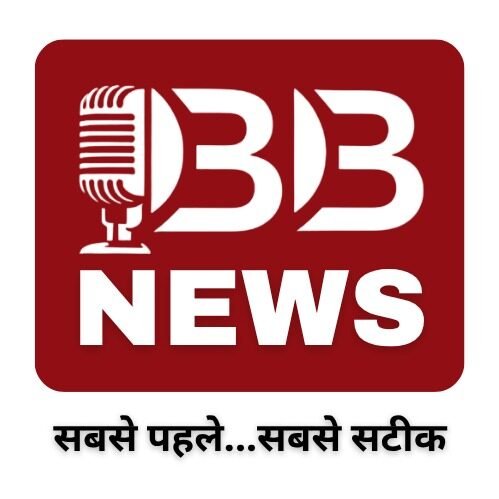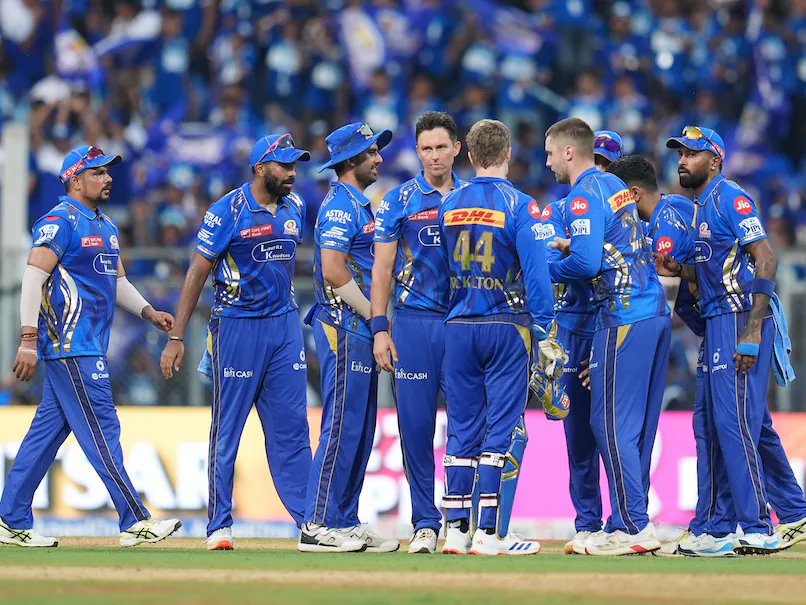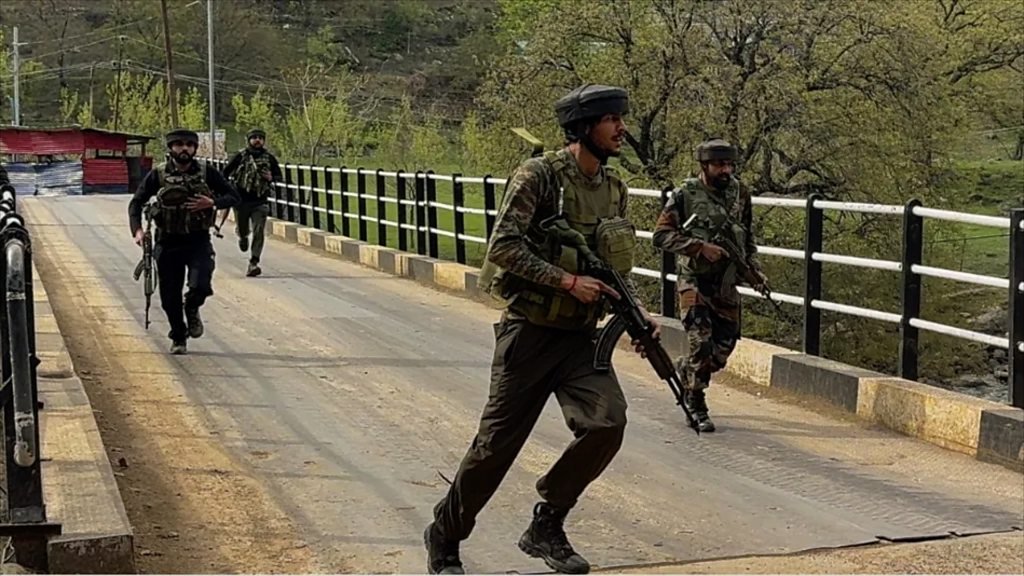India’s Got Latent Controversy: Where Does Freedom of Speech End and Vulgar Comedy Begin?

The entertainment world is buzzing about the India’s Got Latent controversy, centering around Samay Raina and Ranveer Allahabadia. What started as edgy comedy has now led to FIRs (First Information Reports) being filed in both Maharashtra and Assam. The core question? Where’s the line between freedom of expression and downright vulgarity? It’s a debate that’s got everyone talking, from social media users to legal experts. This post dives into the different viewpoints surrounding this hot-button issue, exploring what it means for comedy, culture, and the values we uphold.
Understanding the Controversy
So, what exactly happened? The FIRs against Raina and Allahabadia stem from jokes and comments made on the show India’s Got Latent that were deemed offensive. While the specific content varies, it generally involves what many are calling “fuhad comedy”—a type of humor that pushes boundaries into vulgarity.
One of the key points in this debate is the famous saying, “Your freedom ends where my nose begins.” It highlights the idea that while everyone has the right to express themselves, that right isn’t absolute. It stops where it infringes upon the rights and sensitivities of others. This is where the discussion gets tricky.
To really understand the situation, we need to define some key terms.
- Freedom of Expression: This is the right to share your thoughts and ideas without fear of censorship. However, it’s not a free pass to say anything you want without consequences.
- Vulgarity: This refers to language or actions that are considered offensive, crude, or inappropriate. It’s subjective and can vary depending on cultural context and personal values.
- Defamation: This involves making false statements that harm someone’s reputation. It’s a legal concept that protects individuals from malicious attacks.
Perspectives on the Controversy
There are many different perspectives on the controversy, some of which are highlighted below:
The Argument for Freedom of Expression
Comedy has always been a way to poke fun at society, challenge norms, and spark conversations. It can be a powerful tool for social commentary, using satire to shed light on important issues. But what happens when we start censoring comedy? Some argue that strict regulations could stifle artistic expression and lead to a bland, uninspired entertainment industry. The beauty of comedy lies in its subjectivity, and what one person finds offensive, another might find hilarious.
The Argument Against Vulgar Comedy
On the flip side, there are valid concerns about the normalization of offensive content. Does vulgar comedy perpetuate harmful stereotypes and contribute to discrimination? Some believe that responsible content creation is essential, especially when it comes to vulnerable groups like women. It’s about considering the potential impact of jokes and comments, and avoiding humor that punches down or reinforces prejudice.
Public Opinion
Many people shared their thoughts, highlighting a few key themes.
- “It was wrong, but there are bigger issues.” Some felt that while the comments were inappropriate, there are more pressing matters that deserve attention.
- “It’s unacceptable, but it’s been promoted for years.” Others pointed out that vulgar comedy has been on the rise for some time, suggesting a broader issue within the entertainment industry.
- “Comedy should not involve obscenity or objectification of women.” Many felt strongly that comedy should not come at the expense of others, especially when it involves demeaning or objectifying women.
- “Society promotes what it pretends to condemn.” One of the most interesting points was the idea that people often criticize this type of content publicly, but still consume it privately. This raises questions about hypocrisy and the role of audience demand in driving the creation of vulgar comedy.
A common sentiment was the erosion of traditional values in comedy and the impact of vulgar content on children and younger generations.
The Role of Social Media and OTT Platforms
Social media and OTT (Over-The-Top) platforms have undoubtedly changed the game when it comes to entertainment. But they’ve also played a role in the spread of vulgar comedy. Algorithms and subscription models can incentivize the creation and consumption of offensive content.
Think about it: provocative content often generates more clicks, shares, and engagement. This, in turn, can lead to greater visibility and revenue for creators and platforms. It’s a cycle that can be difficult to break.
A Closer Look At How Content is Consumed
It’s been pointed out that many people publicly condemn the content, yet continue to pay to view it. This hypocrisy highlights a complex relationship between audience demand and ethical considerations. Several shows and platforms have faced criticism for promoting vulgar content, sparking debates about content moderation and responsible content creation.
This brings us to some tough questions. How do we regulate online content without stifling freedom of expression? What role should platforms play in promoting ethical content? It’s a balancing act that requires careful consideration.
The Legal Aspects
In India, freedom of expression is guaranteed under Article 19(1)(a) of the Constitution. However, this right is subject to reasonable restrictions. These restrictions cover areas like obscenity, defamation, and hate speech.
The FIRs filed against Samay Raina and Ranveer Allahabadia raise important legal questions. What charges could they potentially face? What legal arguments will be presented? Lawyer Abhinav Chandrachud, may have more insight on this matter.
The Impact on Indian Culture and Values
Vulgar comedy has the potential to impact Indian culture and values. Some worry about the erosion of traditional norms and the normalization of offensive behavior. Promoting responsible content creation that respects cultural sensitivities and values is crucial.
Many people feel that comedy used to be something the whole family could enjoy, but now it’s often too vulgar to watch together. There are also concerns about how this type of comedy affects future generations. What kind of message are we sending to our children when we normalize offensive jokes and stereotypes?
Conclusion
The India’s Got Latent controversy has ignited a much-needed conversation about freedom of expression, vulgarity, and responsibility in comedy. It’s clear that finding the right balance isn’t easy, and there are no simple answers.
It is crucial to keep having respectful conversations about these issues. What does the future hold for comedy in India? What role should individuals, platforms, and the government play in shaping it? These are questions we need to keep asking ourselves as we navigate this ever-evolving landscape.




